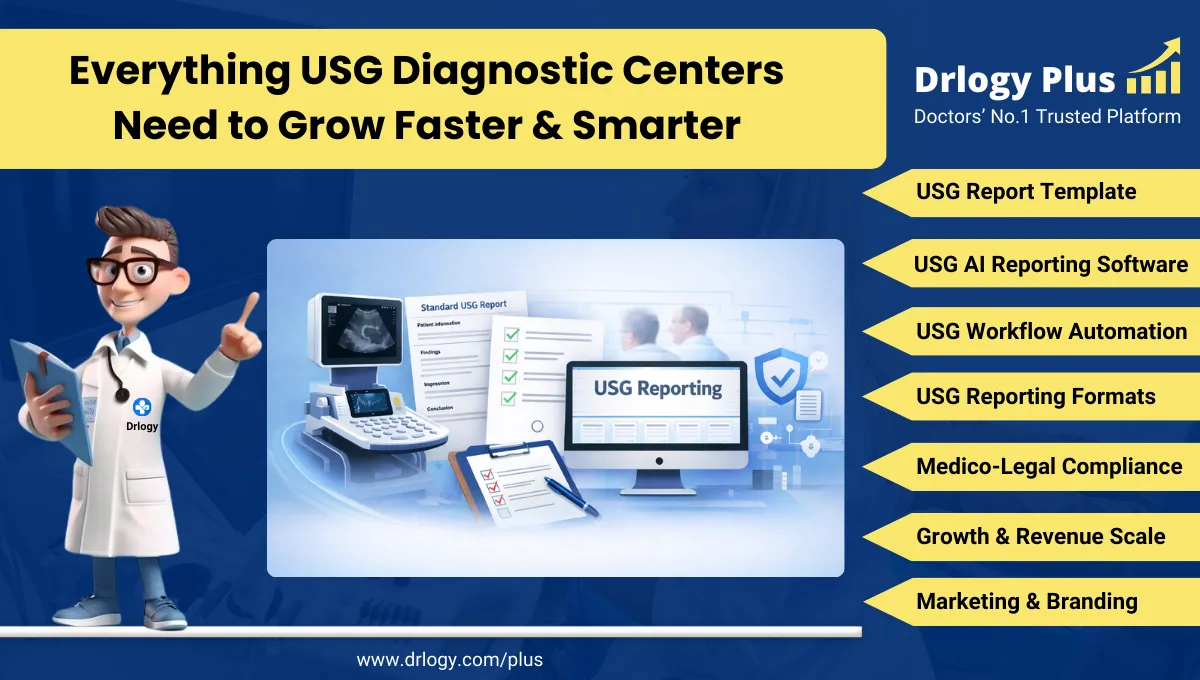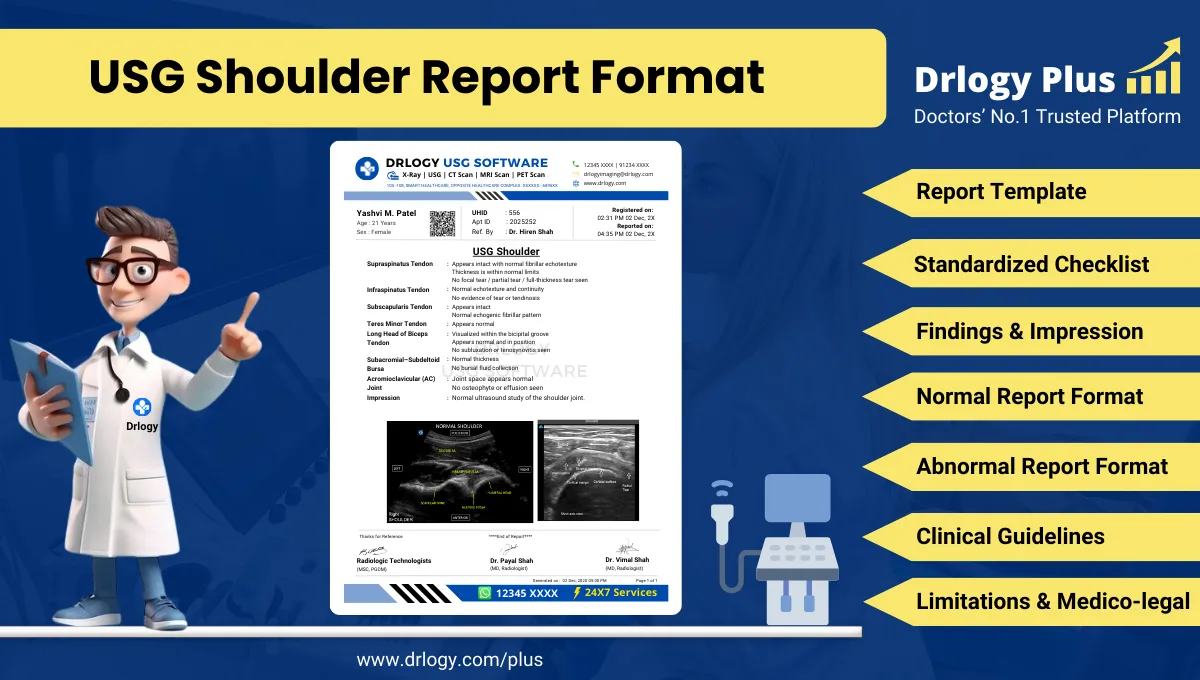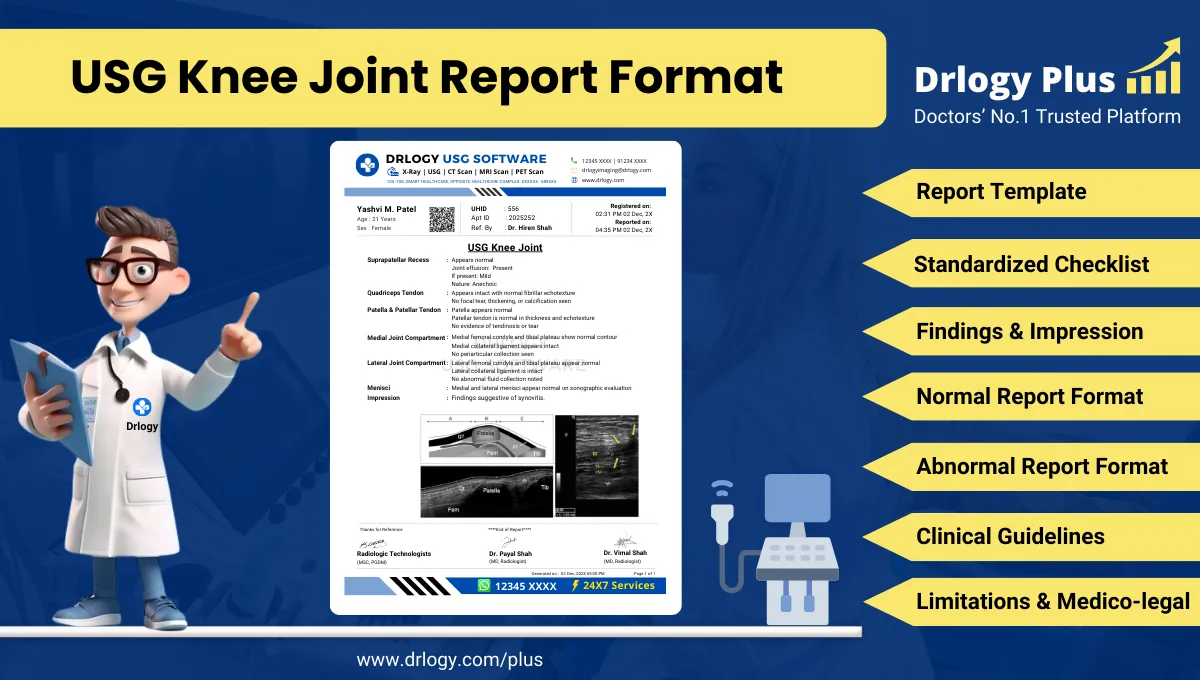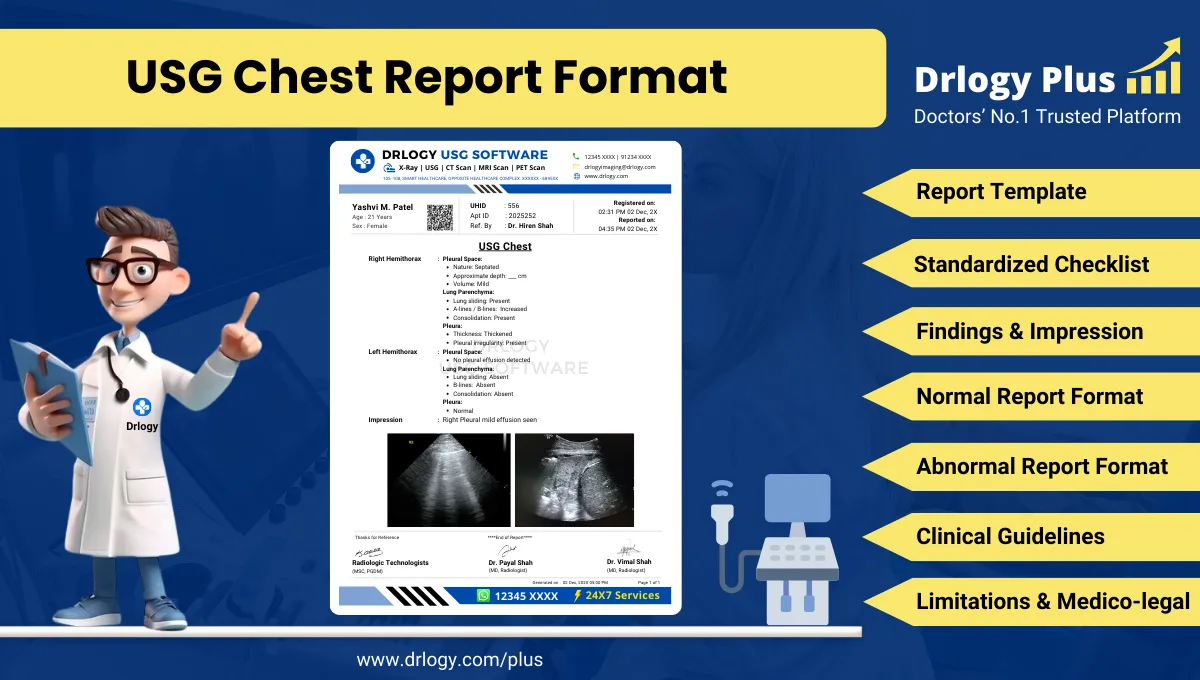

Drlogy
Healthcare organization
KFT Test Report Format: 10 Key Clinical Guidelines & Example
A Kidney Function Test (KFT) report is a critical diagnostic document that assesses the performance of the kidneys and provides valuable insights into a patient's overall renal health. This report is generated following the analysis of blood and urine samples, which helps evaluate various parameters related to kidney function.
The KFT report serves as a vital tool for healthcare providers, aiding in the early detection, diagnosis, and monitoring of kidney-related disorders and diseases, such as chronic kidney disease (CKD), acute kidney injury (AKI), and electrolyte imbalances.
Recommended
10 Key KFT Test Report Format Clinical Guidelines
Below are the 10 key clinical guidelines for formatting a Kidney Function Test (KFT) report in your pathology laboratory.
1. Patient Information
- Include the patient's full name, date of birth, gender, and any uniqueentifiers.
- Ensure the accuracy of patient demographic details for properentification.
2. Test Date and Time
- Clearly state the date and time when the sample was collected for the KFT.
- Accurate timing is important, especially for certain parameters like creatinine clearance.
3. Ordering Physician
- Mention the full name of the physician who ordered the KFT.
- Include the name of the medical facility or clinic where the test was requested.
4. Test Parameters
List the specific kidney function parameters being tested, such as
- Serum creatinine
- Blood urea nitrogen (BUN)
- Estimated glomerular filtration rate (eGFR)
- Electrolytes (Calcium, Sodium, Potassium, Chloride)
- Uric acid
- Total protein
- Albumin
- ALP (Alkaline Phosphatase)
5. Reference Ranges
- Include the normal reference ranges or values for each parameter, highlighting what is considered within the normal range.
- Specify any age or gender variations in the reference ranges.
6. Results
- Clearly present the results of each parameter tested.
- Indicate whether the results fall within the normal reference range or if they are abnormal.
- Use tables or graphs for a visual representation if applicable.
7. Interpretation
- Provide an interpretation of the results, explaining their clinical significance.
- Discuss any abnormalities or significant deviations from the normal range.
- Highlight how the results may relate to the patient's condition.
8. Previous Results
- If available, include relevant historical KFT results for the patient.
- Compare the current results with previous ones, noting any trends or significant changes.
9. Clinical Correlation
- Correlate the KFT results with the patient's medical history, clinical symptoms, and any other relevant diagnostic tests.
- Offer guidance on the potential implications of abnormal KFT findings.
10. Conclusion and Recommendations
- Summarize the key findings from the KFT report.
- Provide recommendations for further evaluation or treatment, if necessary.
- Emphasize the importance of communication between laboratory professionals and healthcare providers.
Ensure that the KFT report format follows local regulations, institutional guidelines, and any specific requirements of the medical facility or laboratory where the test was conducted.
KFT Report Format Examples

Referred
Conclusion
The KFT report is a critical diagnostic tool that provides valuable insights into a patient's kidney health and can assist healthcare providers in making informed decisions regarding the diagnosis and treatment of kidney-related diseases.




